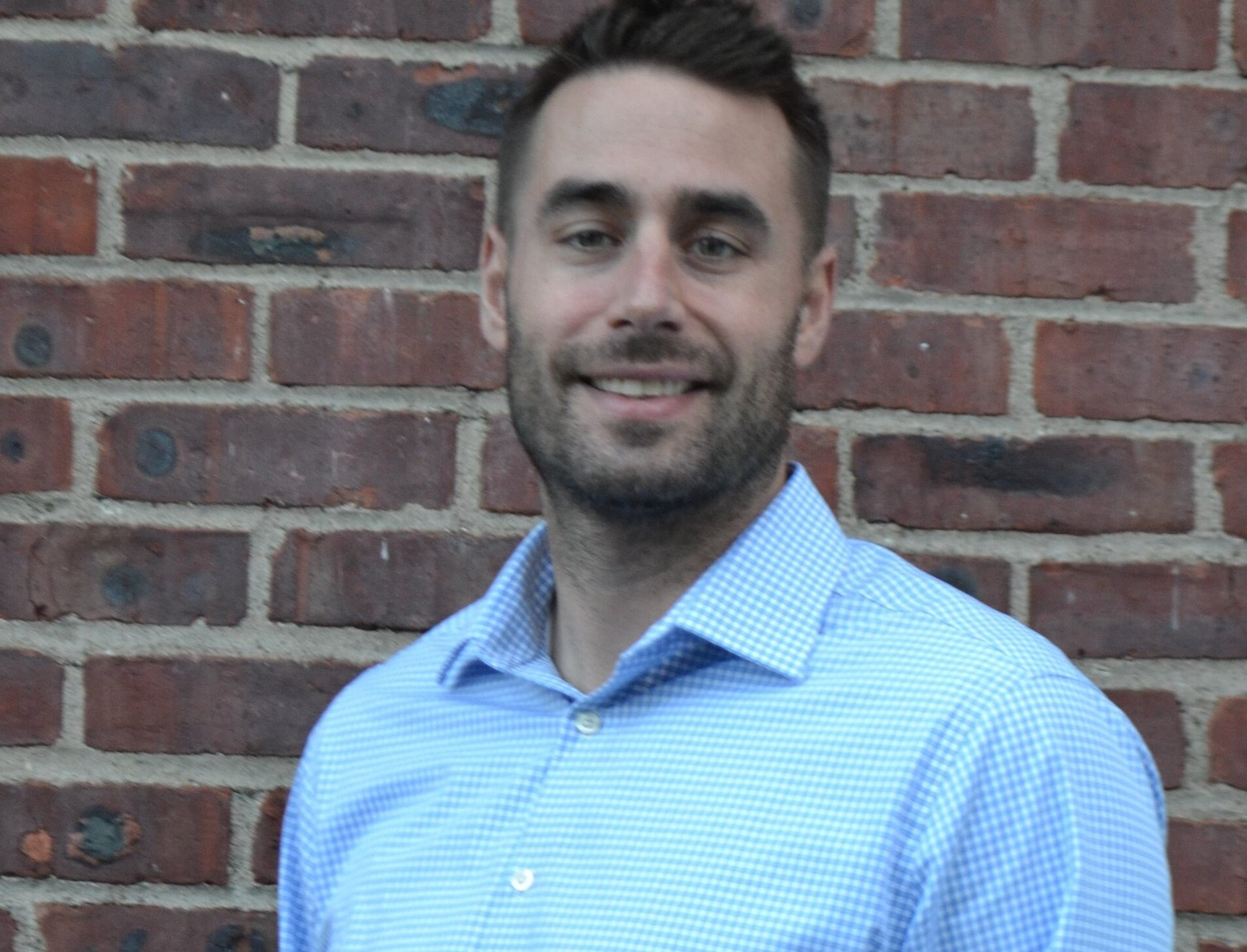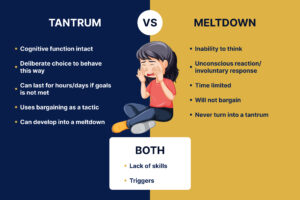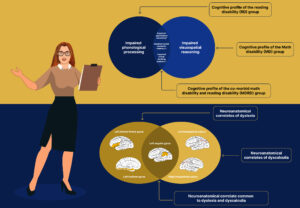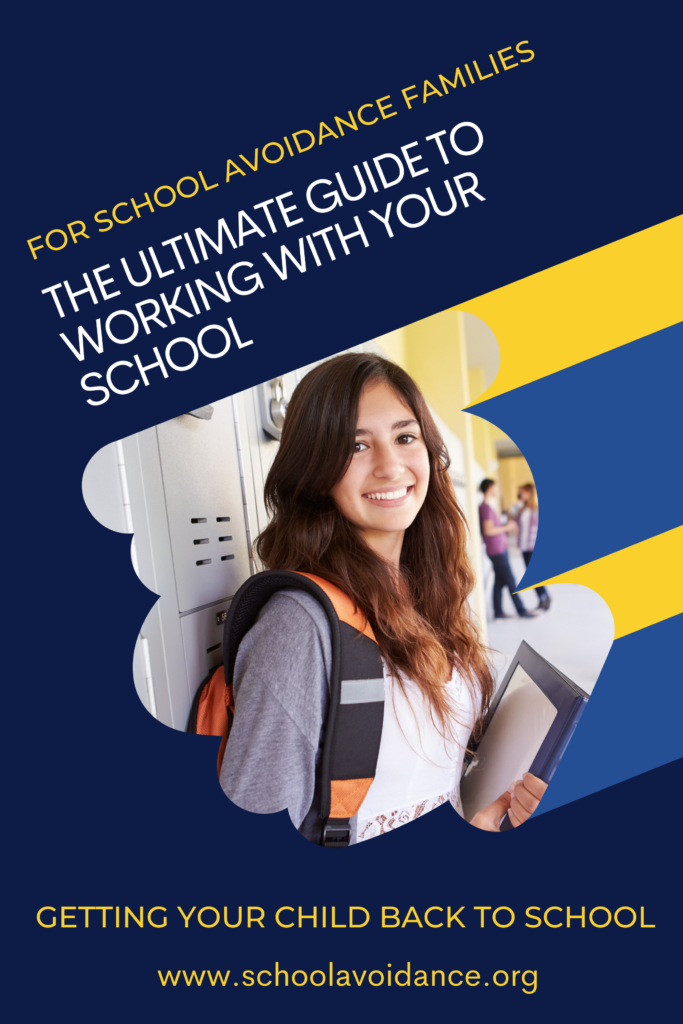The following information is from a candid discussion that I had with Dr. Steven Myers, Licensed Psychologist, Certified School Psychologist, and Board Certified School Neuropsychologist. He has been a practicing School Psychologist in New Jersey for the past 14 years and maintains a private practice in Bergen County.
Every bit of research and anecdotal evidence emphasizes the importance of having a collaborative group of stakeholders involved in helping your child with school refusal.
This team includes parents, educators, your school’s child study team, and your mental health providers. There must be open communication, implementing the agreed-up strategy and intervention to help get your child back to school.
Just like every other professional, you encounter in life. Child study team members will vary in their level of empathy, understanding of school avoidance, temperament, stress level, workload, and knowledge of various emotional disorders.
I worked with several school psychologists, social workers, and child study team members for both of my kids. Every person I worked with for my 2nd child was an absolute gem. They understood my child’s anxiety disorder; they were kind and promoted a respectful dialogue.
I am thankful: she received all the services she needed.
My first child, the polar opposite.
The parents in our private FB group share the same variety of experiences.
HERE ARE THE TIPS
1) Understand that your school’s child study team professionals are overworked and overburdened, so take that into account as you work with them. Be understanding and empathetic to the demands they face.
2) Know your rights. Your child is entitled to a Free and Appropriate Education (FAPE) under the Individuals with Disabilities Education Act (IDEA). If your child has a mental health disorder that is affecting/preventing your child from accessing their education, that qualifies under IDEA.
Each state has its own parent’s guide to educational rights. If you Google “parental rights or parents guide to special education, your state,” you can usually find it.
Here are two examples so you can see what they look like.
Parental Rights Maryland. and Parents Guide to Special Education Massachusetts
3) Don’t sign the IEP at the meeting. At the end of the IEP meeting, you are asked to sign the IEP, which means you agree to everything written in the plan. It seems as it’s just expected of us, so we do it.
But you have the right to take it home to review it. You have 15 days to sign.
These meetings cover a lot of information. There is a lot discussed on all those pieces of paper, and there are many words to digest. Therefore, you should read it slowly and understand each point written about your child, their needs, and the school’s plans.
4) Build relationships; the more cohesive the team, the better. The CST is working to help your child, so use an appreciative and respectful tone. I understand how personal and challenging this can be if you disagree with their assessments and decisions. But always use your kind voice.
5) Ask what assessments the child study team plans to use for your child’s evaluation. You worked your way through the process, and the child study team agreed to evaluate your child.
But what does that mean exactly?
While both the IDEA and Section 504 outline procedures for obtaining an evaluation, there is no single one used nationwide. They may include a psychiatric evaluation, a functional behavioral analysis, various assessments for a psychological evaluation, and psychoeducational evaluation.
This link from Advocates for Children of New York does a great job listing the various assessments and why they are used.
So, ask the child study team which assessments they plan to use and why they are relevant to your child.
6) Ask questions about anything that you don’t understand. The child study team works on evaluations and IEPs all the time. They may forget that you may not know everything about each step of the special education process as a parent. But don’t forget our point above, to learn your rights
7) The CST is not the ultimate authority on your child. The Child study team professionals are experts within a specific domain relative to their training. They work with the information they have, but they are not the ultimate authority on your child.
“Remember, you play a special role on the IEP team”
“Parents know their child as only a parent could”
“You are the ultimate authority on your child” – Dr. Steven Myers






